What is Potassium Sulfate Plant?
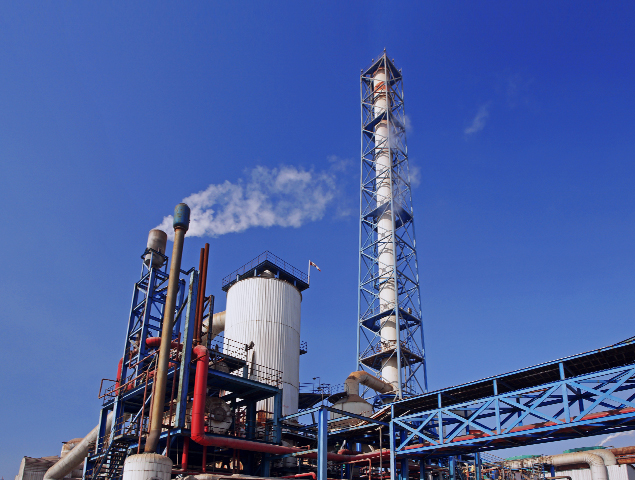
Potassium sulfate (K2SO4), also known as sulfate of potash (SOP), is a white crystalline salt that is commonly used in the production of fertilizers. It is an essential nutrient for plant growth and development, and is particularly important for crops such as fruits, vegetables, and tobacco. As demand for high-quality fertilizers continues to increase, the construction of new potassium sulfate plant has become more common.
The production of potassium sulfate typically involves the reaction of potassium chloride (KCl) with sulfuric acid (H2SO4). The resulting potassium sulfate can then be further processed and purified to meet the specific requirements of different applications. The process of manufacturing potassium sulfate is complex and requires specialized equipment and expertise.
The first step in the production of potassium sulfate is the preparation of the raw materials. This involves mining and refining potassium chloride and sulfur, which are then transported to the potassium sulfate plant. Once at the potassium sulfate plant, the raw materials are carefully monitored and stored to ensure they are of the highest quality.
The next step in the production process is the reaction of potassium chloride with sulfuric acid. This is typically done in a reaction vessel, where the two chemicals are mixed and heated to a specific temperature. The reaction produces a mixture of potassium sulfate and hydrochloric acid (HCl), which must be separated and purified.
The purification of potassium sulfate involves several stages. The first stage is the separation of the potassium sulfate and hydrochloric acid using a distillation column. The potassium sulfate is then further purified using a series of crystallization and filtration steps. The final product is a high-purity potassium sulfate that can be used in a variety of applications.
The design of a potassium sulfate plant must take into account a number of factors, including the availability and cost of raw materials, the desired production capacity, and the specific requirements of the end users. A well-designed potassium sulfate plant will be efficient, cost-effective, and able to produce high-quality potassium sulfate on a consistent basis.
One of the key considerations in the design of a potassium sulfate plant is the selection of the appropriate process technology. There are several different technologies available for the production of potassium sulfate, each with its own advantages and disadvantages. The choice of technology will depend on factors such as the availability of raw materials, the desired product specifications, and the cost of production.
Another important consideration in the design of a potassium sulfate plant is the environmental impact of the production process. The production of potassium sulfate can generate a significant amount of waste, including hydrochloric acid and sulfuric acid. These waste streams must be carefully managed and treated to minimize their impact on the environment.
In addition to fertilizer production, potassium sulfate is also used in a variety of other applications, including the production of glass, dyes, and pharmaceuticals. As demand for these products continues to grow, the construction of new potassium sulfate plant is likely to increase.
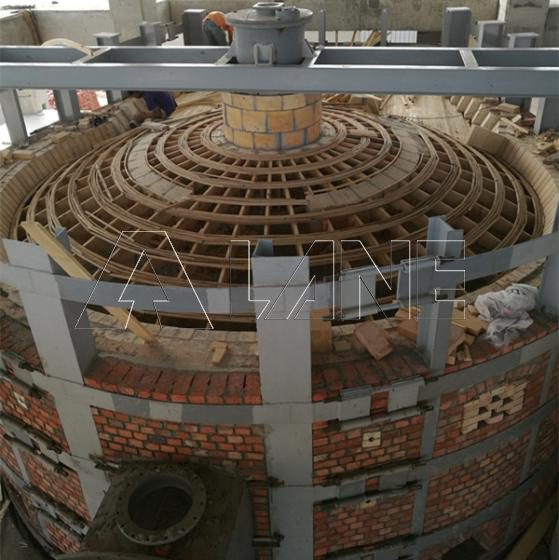
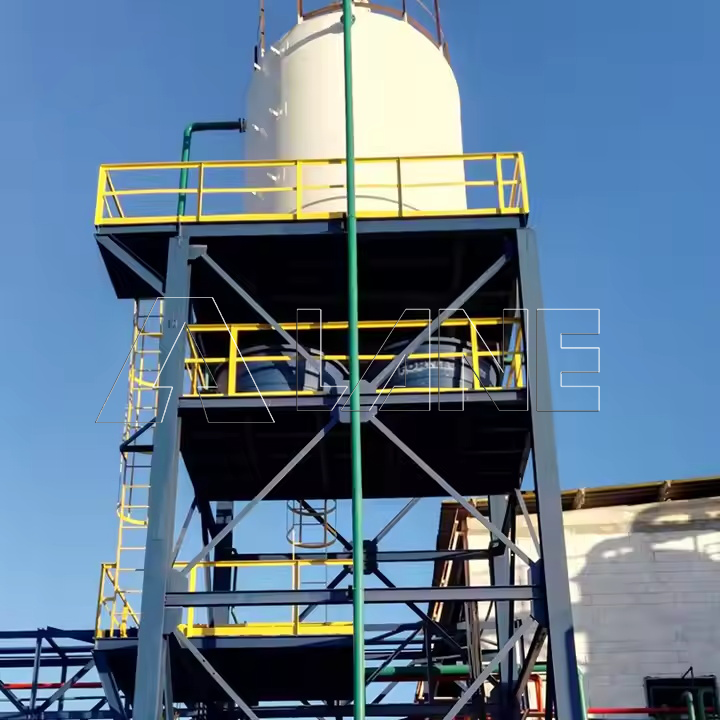
Of course, we also offer other types of products for your different needs, you can click to view.
For more information, please contact us by sending an inquiry today! We can help you!

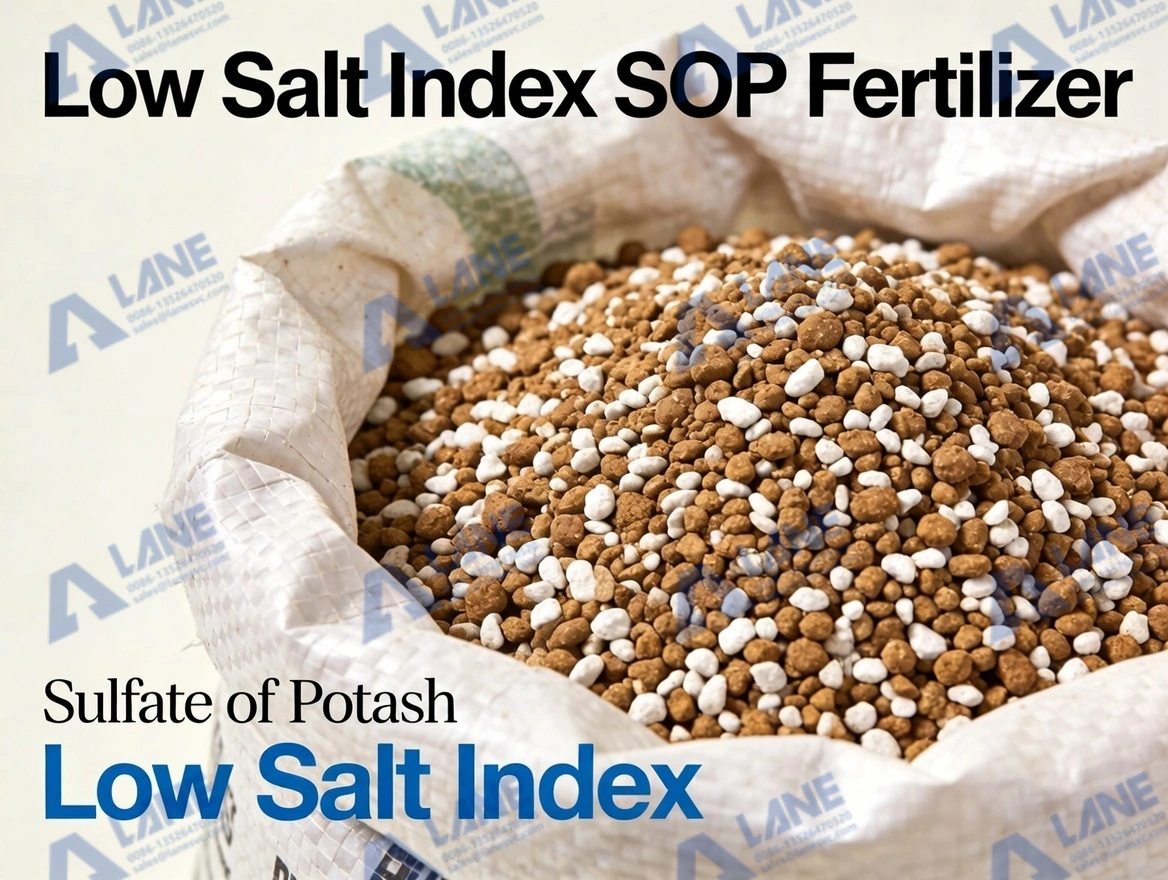
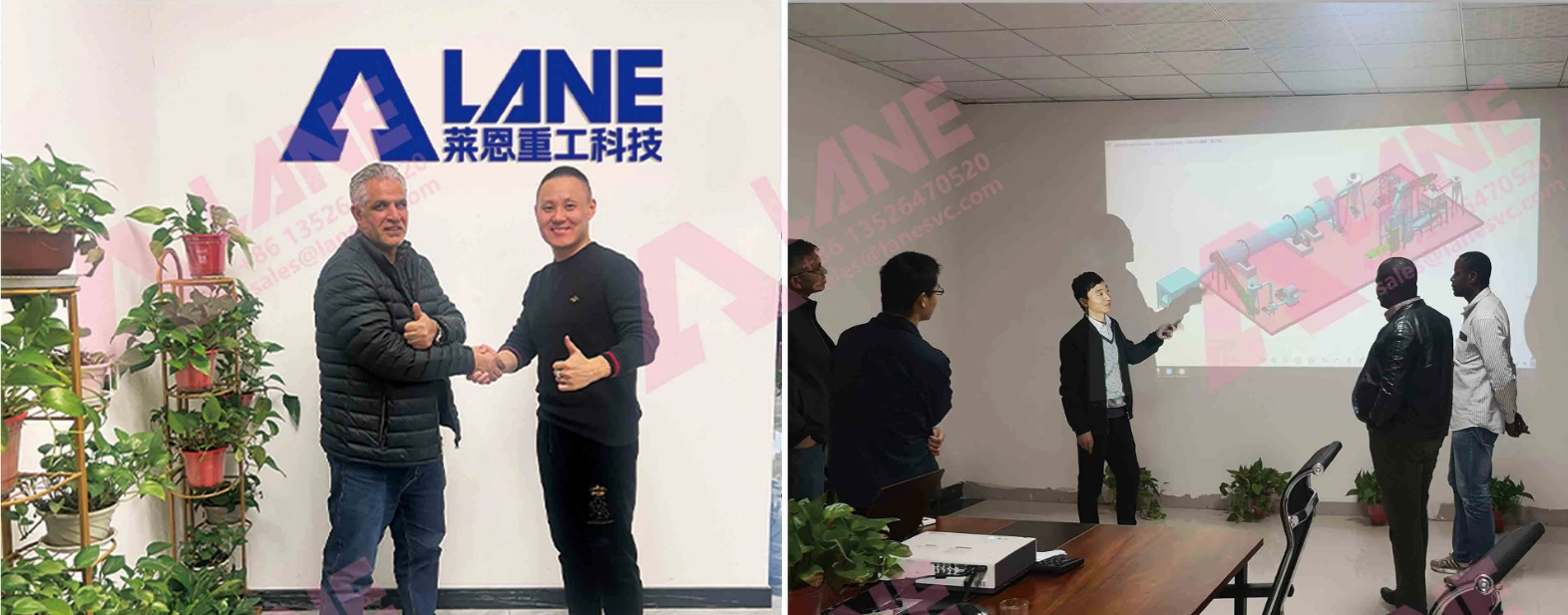
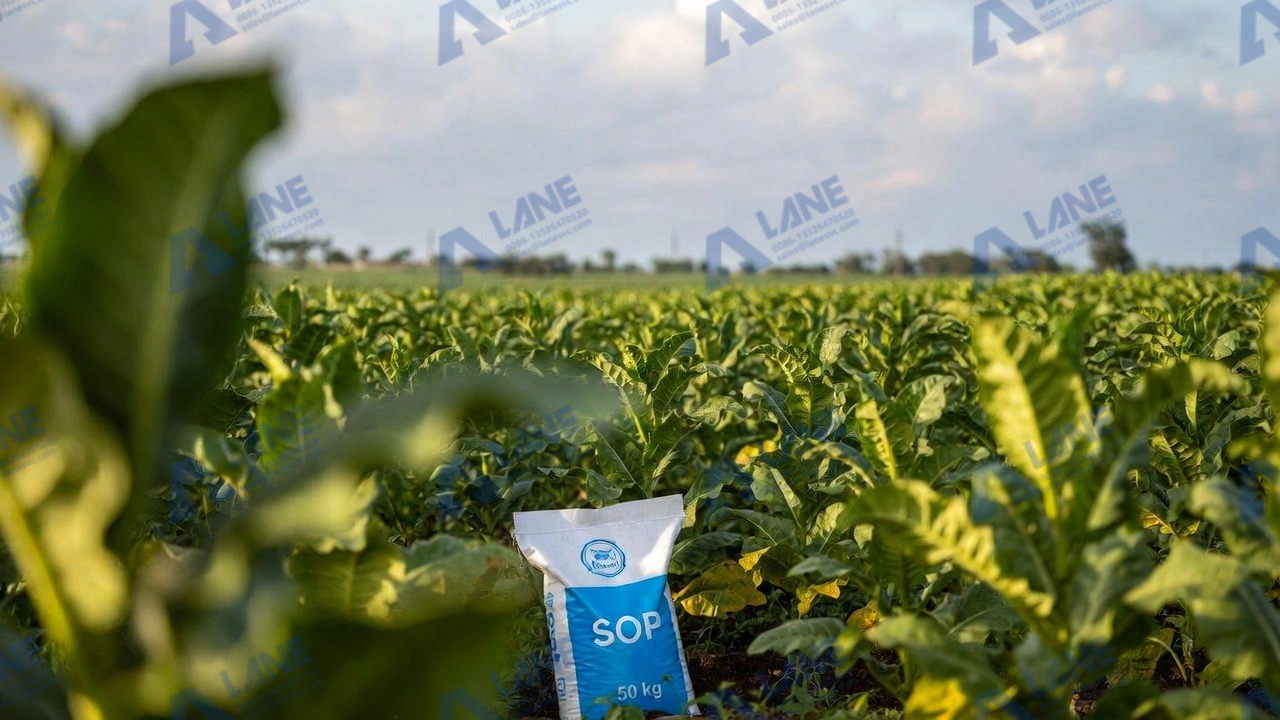
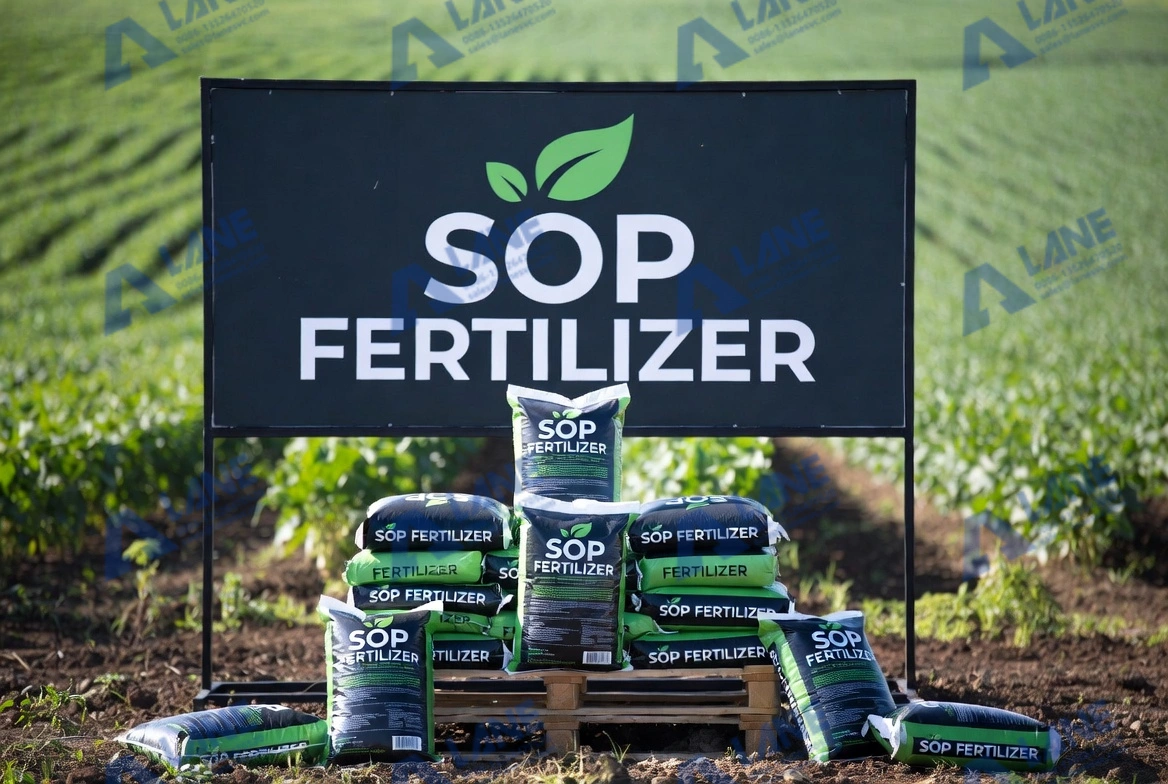
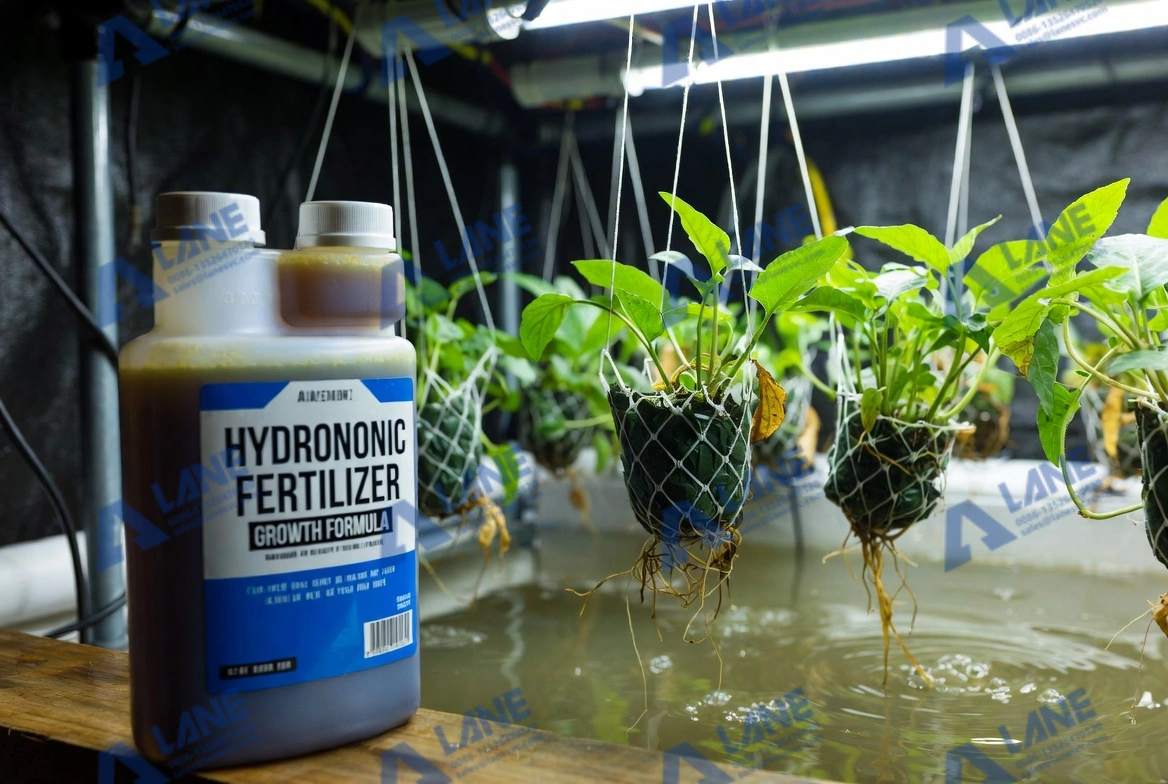
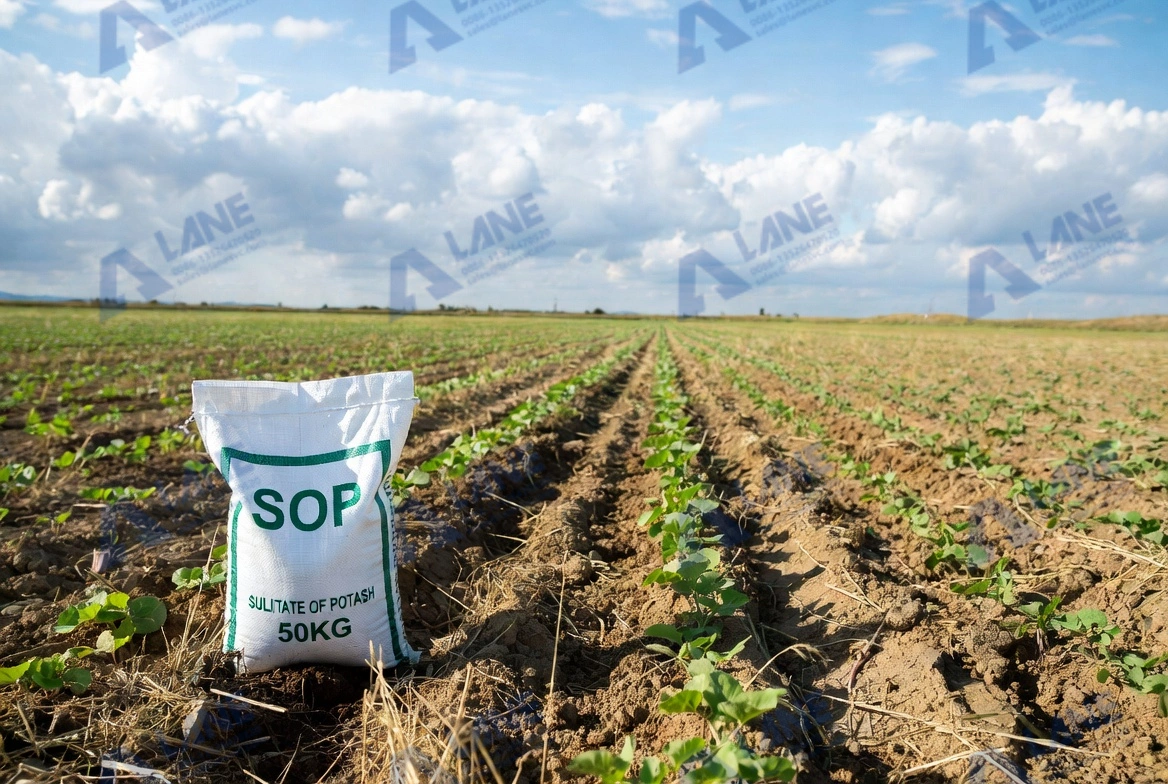
Write a Reply or Comment